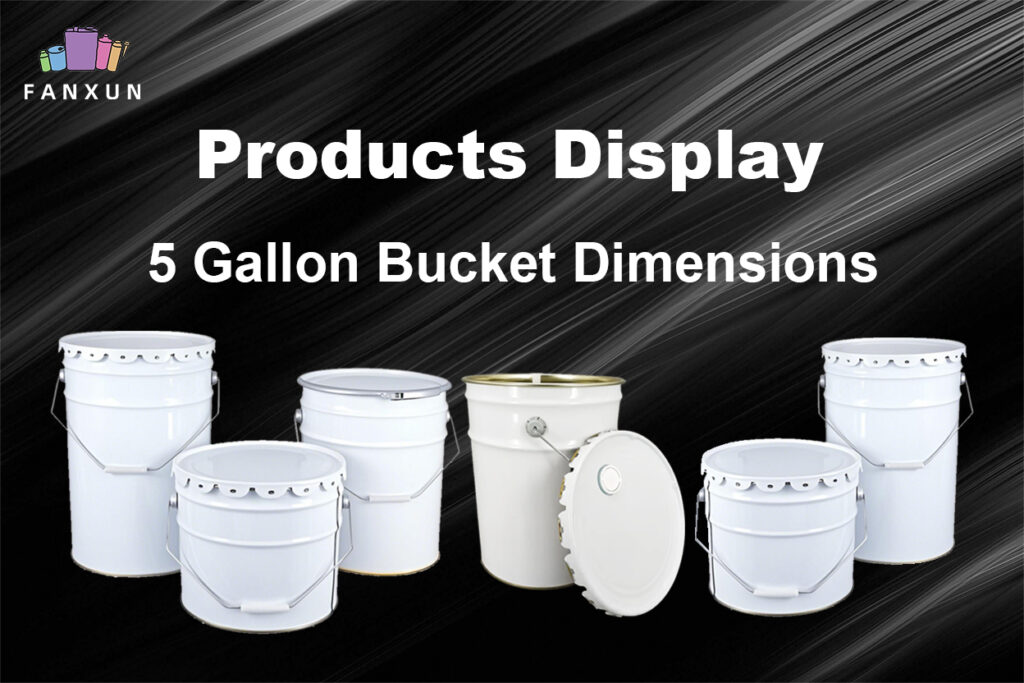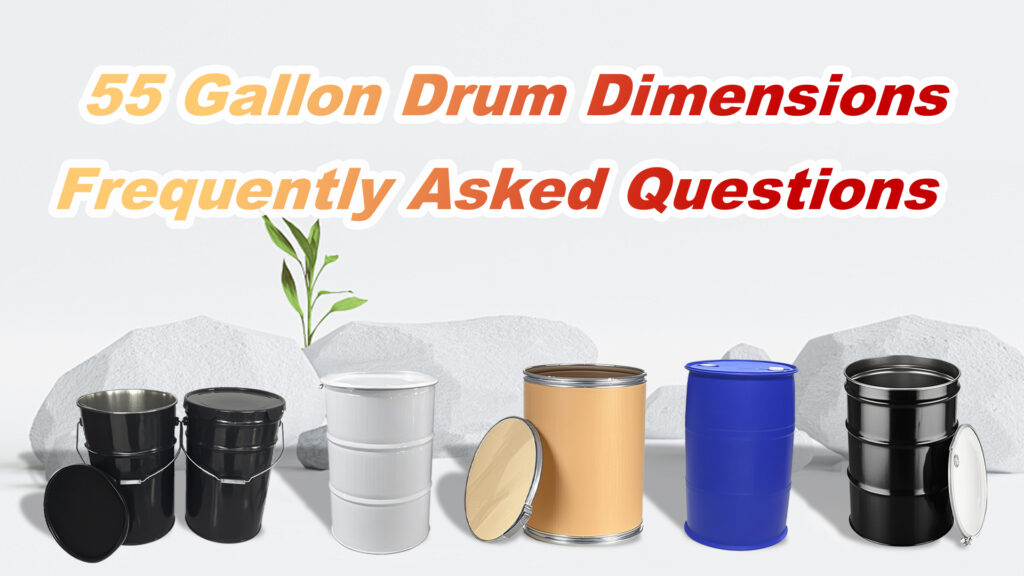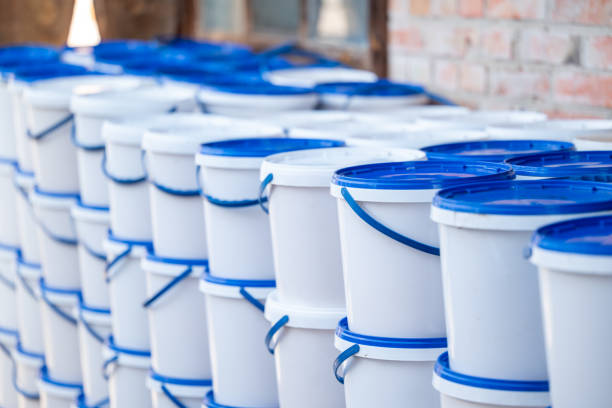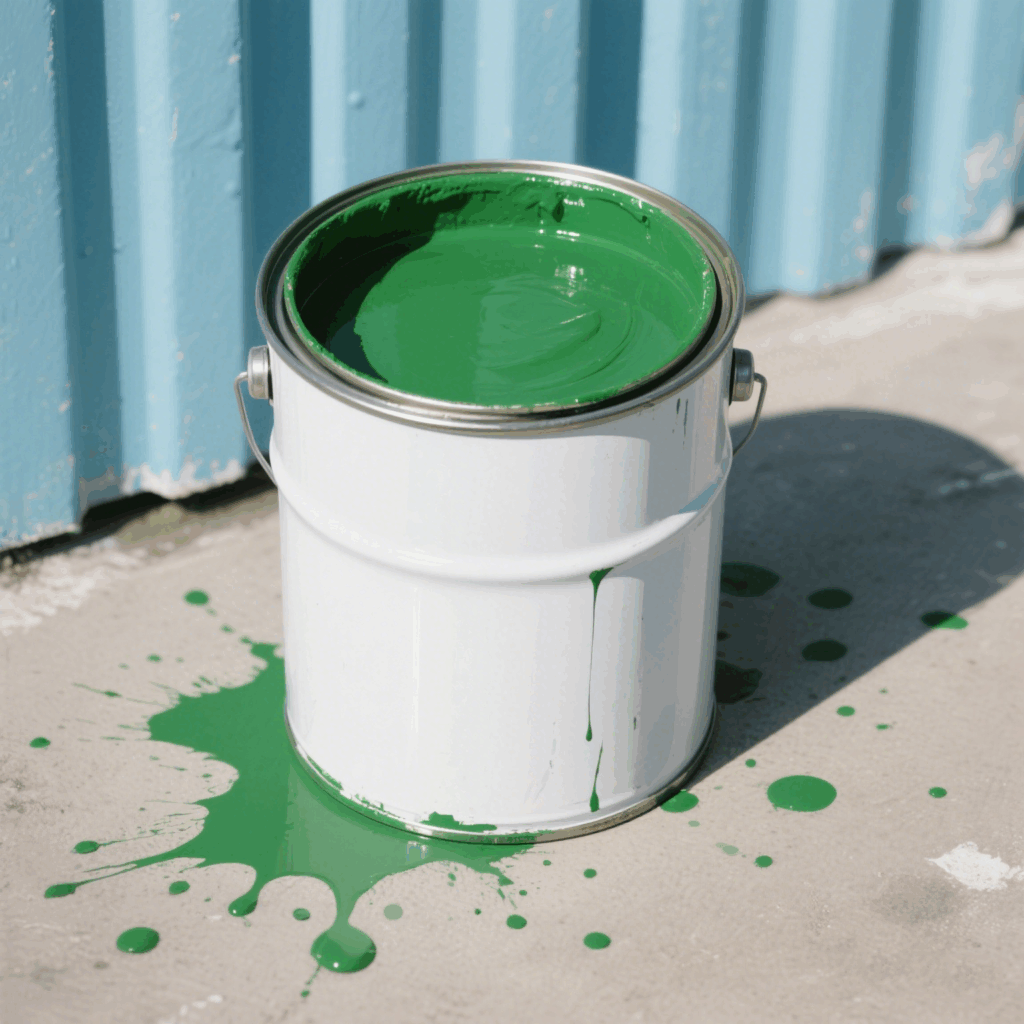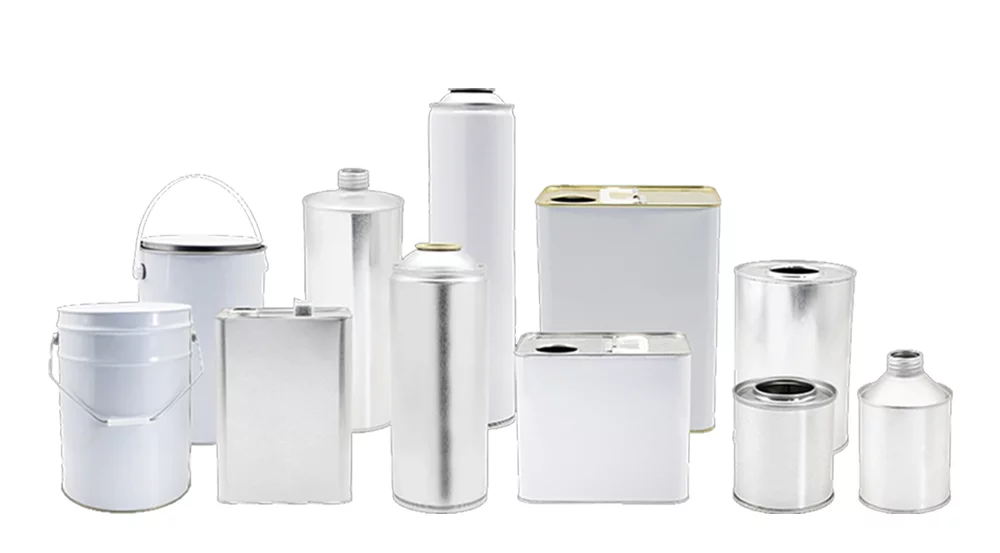Ever thought about the humble tin can and its many uses? It’s one of those everyday items that often go unnoticed, yet it plays a crucial role in various industries. From preserving your favorite foods to safely storing hazardous materials, tin cans are incredibly versatile. Let’s dive into the world of tin cans and explore their many applications.
What is a Tin Can?
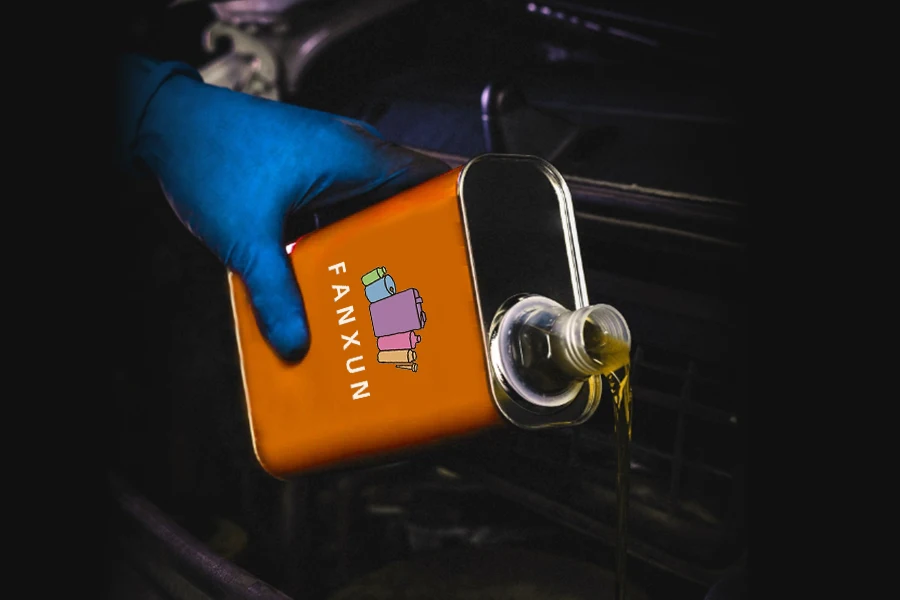
Composition
Então, what exactly is a tin can made of? Contrary to what the name might suggest, modern tin cans are usually made from steel or aluminum with a thin layer of tin to prevent rusting and corrosion. This combination of materials makes them sturdy and long-lasting, ideal for various packaging needs.
Manufacturing Process
The manufacturing process of tin cans is pretty fascinating. It starts with large sheets of steel or aluminum, which are then coated with tin. These sheets are cut, shaped, and sealed to form cans. The process involves precise engineering to ensure each can is airtight and durable. Imagine it as a complex origami but with metal!
Tin Cans in the Food Industry
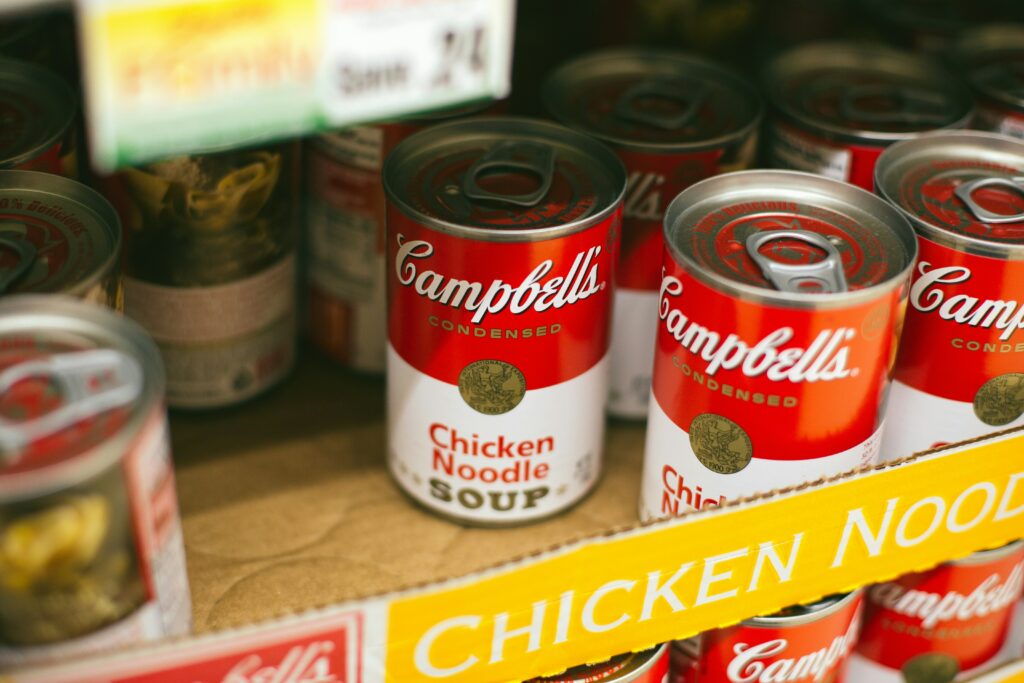
One of the primary uses of tin cans is in the food industry. They are perfect for preserving freshness and flavor. The airtight seal prevents bacteria and air from spoiling the contents, which means your soup or veggies can stay fresh for years. It’s like having a time capsule for your food. Walk down any grocery aisle, and you’ll see tin cans everywhere. Popular items include soups, feijões, fruits, and even gourmet products like pâté and caviar. The convenience and long shelf life make tin cans a staple in households worldwide.
Tin Cans in the Beverage Industry
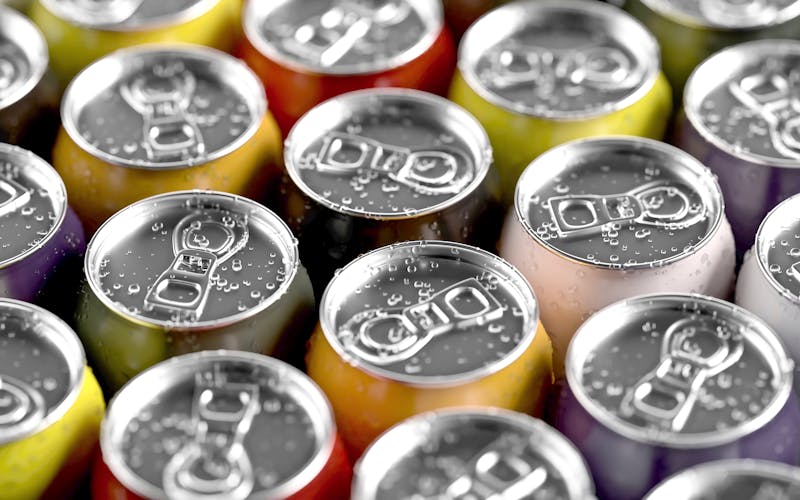
Tin cans aren’t just for food; they’re also widely used in the beverage industry. You’ll find everything from soft drinks to energy drinks and even alcoholic beverages like beer packaged in these cans. They’re lightweight, easy to transport, and chill quickly – perfect for on-the-go refreshment.
Tin Cans in the Industrial Sector
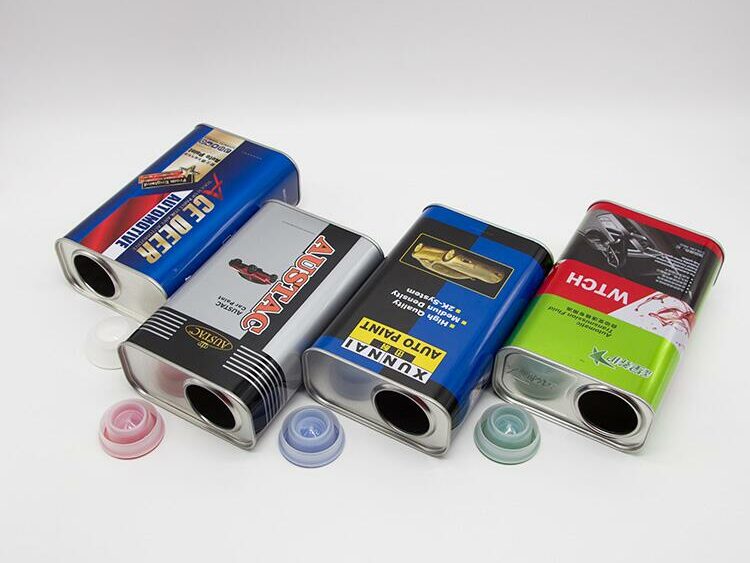
Engine Oil Tin Cans
In the industrial sector, tin cans are essential for packaging engine oil. These cans provide a robust and leak-proof solution, ensuring that the oil remains uncontaminated and easy to handle. Think of them as the armor for your engine oil.
Aerosol Tin Can
Latas de latas de aerossol are another critical application. They are used for products like spray paints, desodorantes, and cleaning supplies. The pressurized canisters are designed to safely dispense the product without leaks or bursts.
Paint and Chemical Storage
Tin cans are also widely used for storing paints and chemicals. Their durability and resistance to corrosion make them perfect for holding substances that might otherwise degrade or leak through other types of containers.
Advantages Over Other Packaging Materials
Why choose tin cans over other materials? They offer a winning combination of durability, sustentabilidade, protection, e segurança, making them a top choice in the packaging world.
Durability and Protection
For starters, they’re incredibly durable and offer excellent protection for their contents. Unlike glass, which can shatter, or plastic, which can warp or puncture, tin cans are resistant to physical damage. They can withstand dents and punctures, making them like mini fortresses for whatever you’re storing. This durability ensures that food, bebidas, and industrial products remain safe and intact.
Environmentally Friendly
Moreover, tin cans are more environmentally friendly than plastic. They are 100% recyclable and have a high recycling rate, making them a greener choice for packaging. Recycling tin cans helps reduce waste and conserve resources, contributing to a more sustainable environment.
Safety and Freshness
In addition to being durable and eco-friendly, tin cans protect their contents from light and oxygen. This is crucial for preserving the taste and quality of beverages and food. By keeping out harmful elements, tin cans ensure that your products stay fresh and tasty for longer periods.
Ideal for Industry
When it comes to handling hazardous materials, tin cans provide an added layer of safety. They securely store these substances, minimizing the risk of spills and contamination. This makes them an ideal choice for storing engine oil, aerosol products, and chemicals, giving you peace of mind knowing that hazardous materials are safely contained.
Conclusão
Tin cans are more than just simple containers. They are a critical part of many industries, providing durability, protection, and convenience. From keeping our food fresh to safely storing hazardous materials, tin cans prove their worth every day. So next time you open a can of soup or a soda, take a moment to appreciate the humble tin can and its many uses.
FAQs on Tin Cans
1. What are tin cans made of?
Modern tin cans are typically made from steel or aluminum coated with a thin layer of tin to prevent rust and corrosion.
2. How are tin cans manufactured?
Tin cans are made by cutting, shaping, and sealing sheets of steel or aluminum that are coated with tin, ensuring each can is airtight and durable.
3. Why are tin cans used for food packaging?
Tin cans preserve freshness and flavor by preventing bacteria and air from spoiling the contents, making them ideal for long-term storage.
4. Are tin cans environmentally friendly?
Sim, tin cans are 100% recyclable and have a high recycling rate, making them a greener choice compared to other packaging materials like plastic.
5. Can tin cans be used for storing hazardous materials?
Absolutamente, tin cans provide a secure way to handle and store hazardous materials, reducing the risk of spills and contamination.















